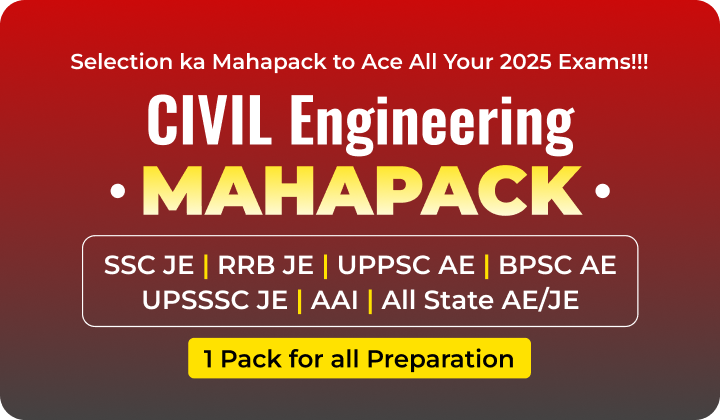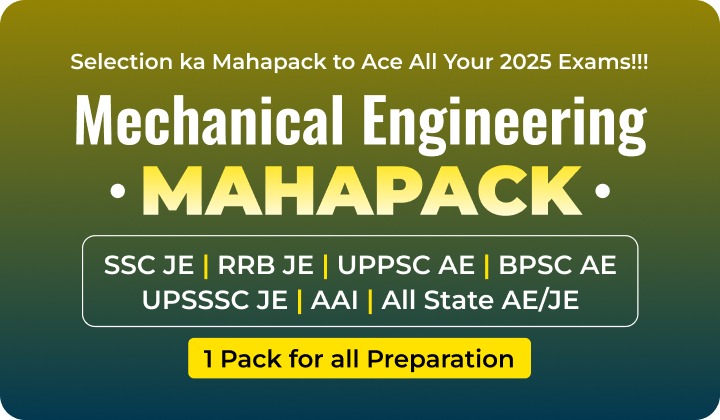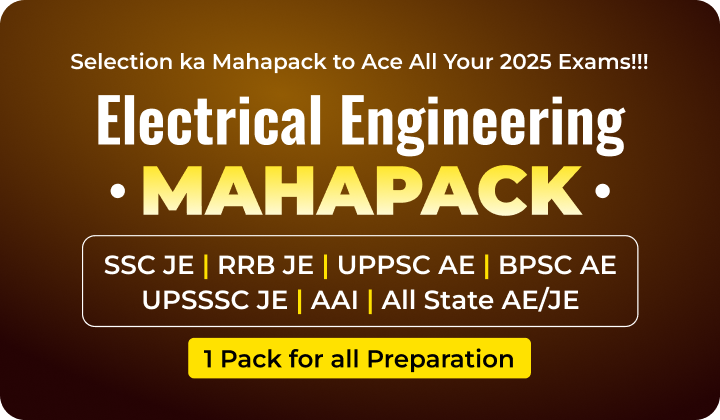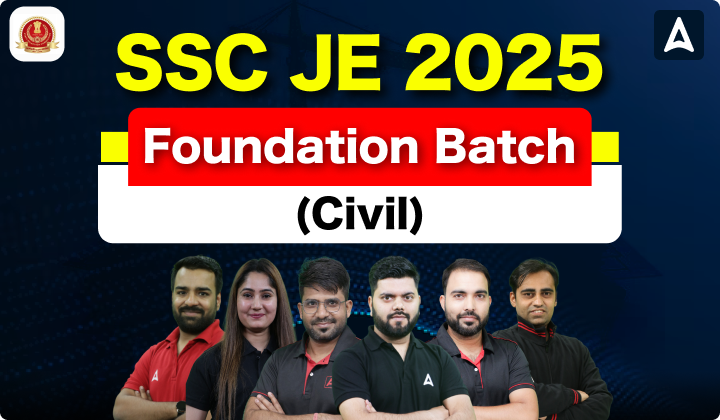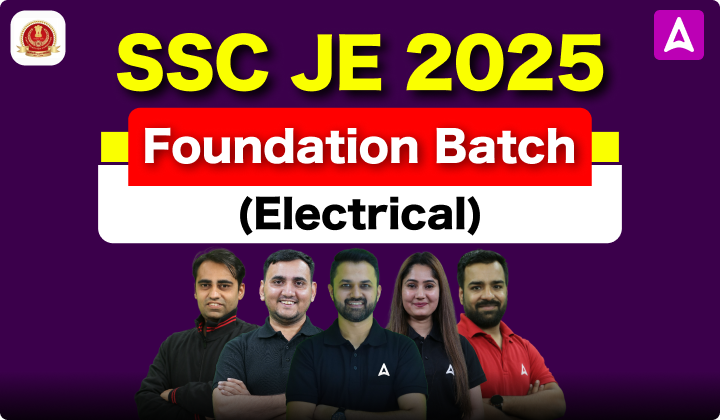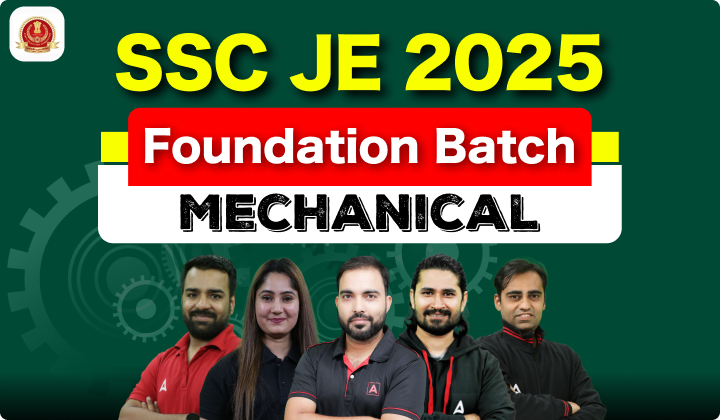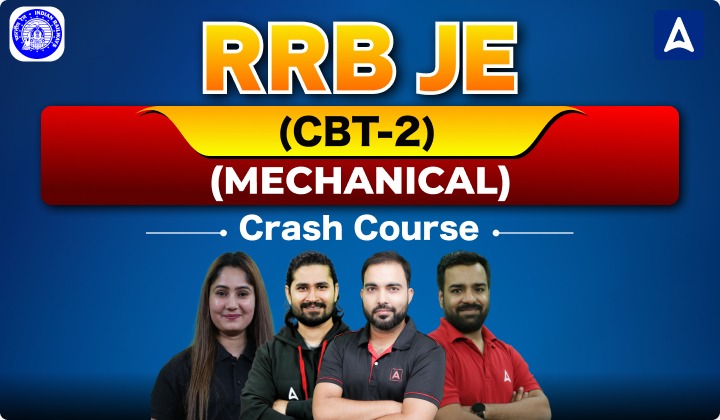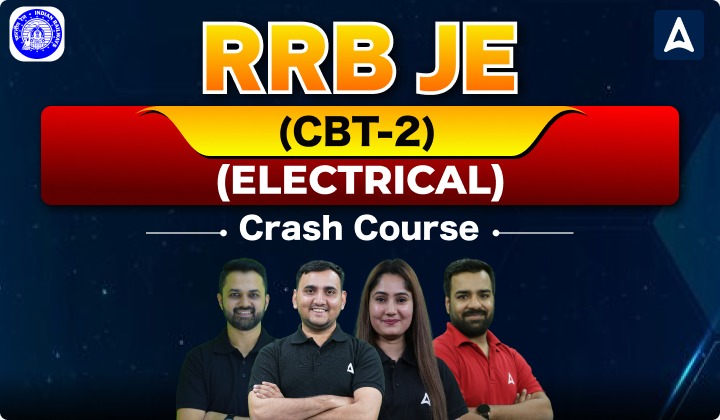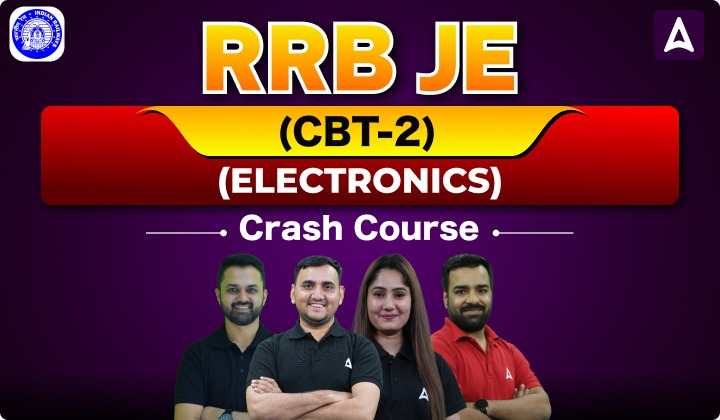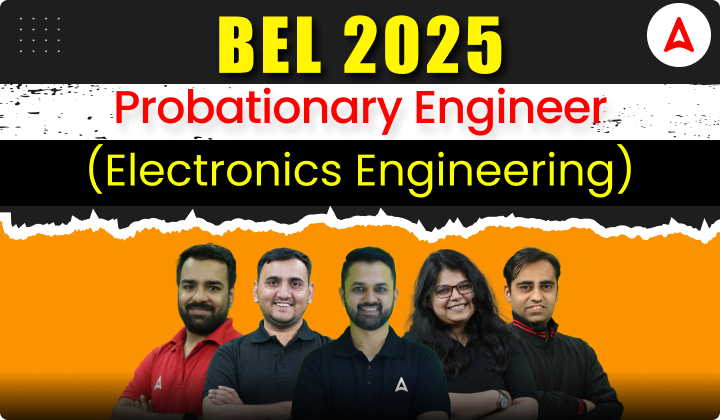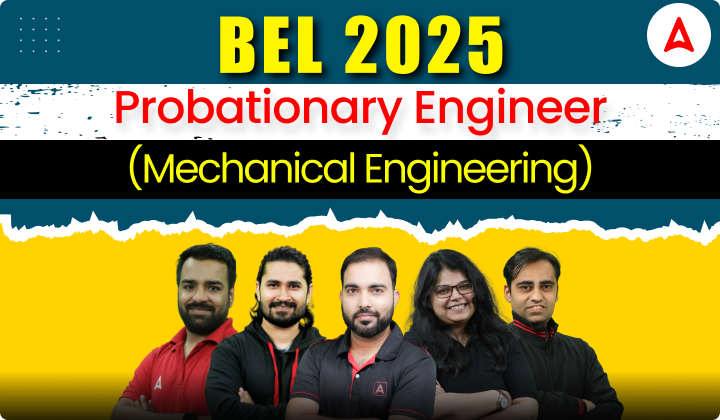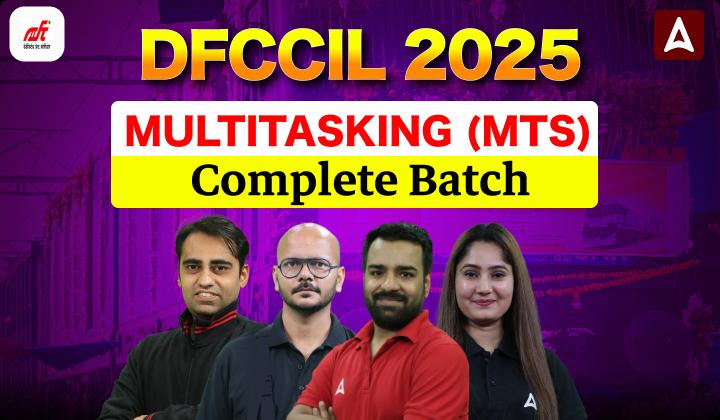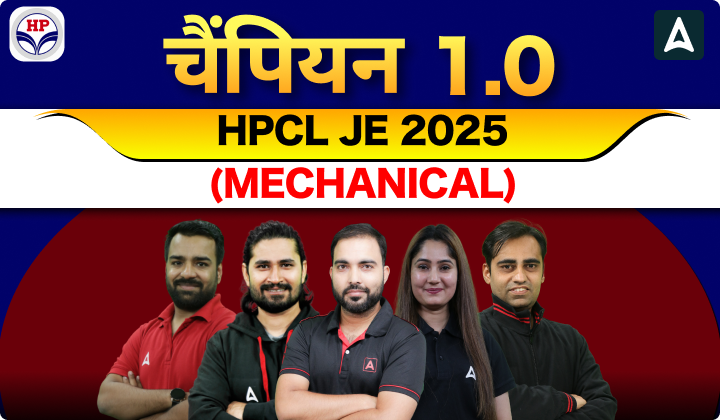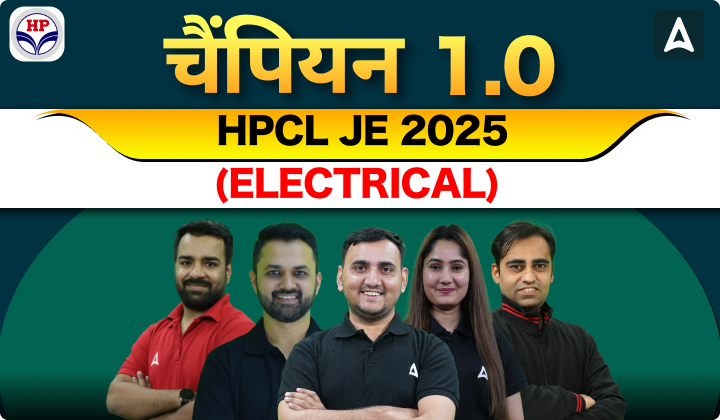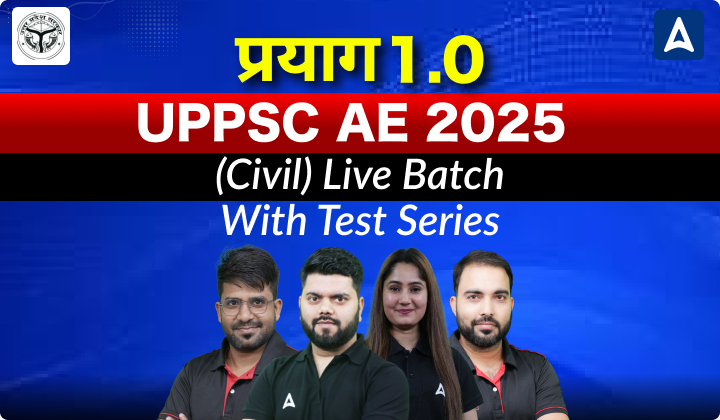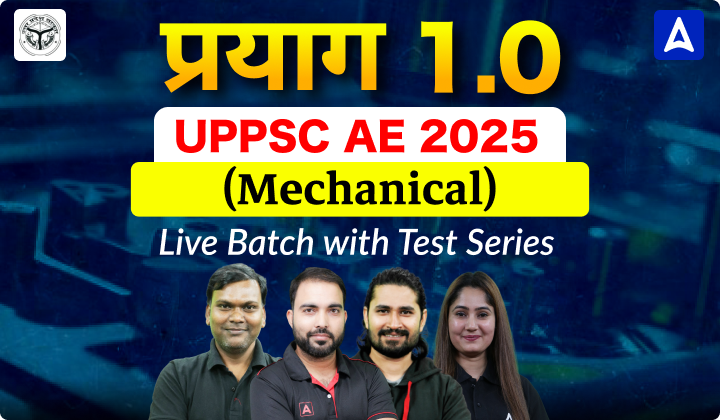Table of Contents
GPSC AE Syllabus 2024
Gujarat Public Service Commission will announce the GPSC AE Recruitment 2024 on its official website to recruit desirous candidates for the post of Assistant Engineer in various departments. The commission will conduct the written examination to shortlist the candidates. Candidates aspiring to crack the examination must be well-versed in GPSC AE Syllabus 2024.
For the sake of convenience of aspirants, we have provided the detailed branch-wise GPSC AE Syllabus and Exam Pattern 2024 here. The candidates must go through the topic-wise GPSC AE Syllabus discussed here to ace their preparation to crack the exam with a good score.
GPSC AE Syllabus 2024 Overview
GPSC Assistant Engineer Recruitment 2024 will be out for filling various vacant seats under various disciplines i.e. Civil, Electrical, and Mechanical. The GPSC AE 2024 Syllabus details are mentioned here for your reference:
| GPSC AE Syllabus 2024 Overview | |
| Recruitment Authority | Gujarat Public Service Commission |
| Post Name | Assistant Engineer |
| Vacancies | To Be Notified |
| Advt. No. | To Be Notified |
| Category | Engineering Jobs |
| Apply Online Starts | To Be Notified |
| Apply Online Ends | To Be Notified |
| Job Location | Gujarat |
| Selection Process | Written Test | Interview |
| GPSC AE Syllabus 2024 | Available Now |
| GPSC AE 2023 Official Website | https://gpsc.gujarat.gov.in |
GPSC AE Syllabus
Candidates wishing to crack the GPSC AE Exam 2024 must understand the syllabus briefly to get an idea about the difficulty level, weightage of sections, etc. The officials will release the topic-wise GPSC AE Syllabus for all the branches along with a detailed notification pdf.
The GPSC AE Exam will comprise two papers i.e. Paper 1 (General Studies) and Paper 2 (Specific Discipline). The detailed GPSC Assistant Engineer Syllabus is discussed in this section for your ease:
General Studies
- Geography of India-Physical, Economic, Social, Natural Resources and
population related topics- with special reference to Gujarat - Cultural heritage of India-Literature, Art, Religion and Architecture- with
special reference to Gujarat - History of India with special reference to Gujarat
- Indian Economy and Planning
- Indian Polity and the Constitution of India:
1. Preamble 2. Fundamental Rights and Fundamental Duties 3. Directive Principles of State Policy 4. Composition of Parliament 5. Powers of the President of India 6. Powers of Governor 7. Judiciary 8. Provisions for Scheduled Castes, Scheduled Tribes and backward classes of the society 9. Attorney General 10.NITI Aayog 11.Panchayati Raj Institutions 12. Finance Commission 13. Constitutional and Statutory Bodies: Election Commission of India, Union Public Service Commission, State Public Service Commission, Comptroller and Auditor General; Central Vigilance Commission, Lokpal and Lokayukta, Central Information Commission - General Mental Ability
- General Science, Environment and Information & Communication Technology
- Daily events of Regional, National and International Importance including Sports
Civil Engineering
Building Materials
Stone, Lime, Glass, Plastics, Steel, FRP, Ceramics, Aluminum, Fly Ash, Basic Admixtures, Timber, Bricks and Aggregates: Classification, properties and selection criteria; Cement: Types, Composition, Properties, Uses, Specifications and various Tests; Lime & Cement Mortars and Concrete: Properties and various Tests; Design of Concrete Mixes: Proportioning of aggregates and methods of mix design.
Solid Mechanics
Elastic constants, Stress, plane stress, Strains, plane strain, Mohr’s circle of stress and strain, Elastic theories of failure, Principal Stresses, Bending, Shear and Torsion.
Structural Analysis
Basics of strength of materials, Types of stresses and strains, Bending moments and shear force, concept of bending and shear stresses; Analysis of determinate and indeterminate structures; Trusses, beams, plane frames; Rolling loads, Influence Lines, Unit load method & other methods; Free and Forced vibrations of single degree and multi degree freedom system; Suspended Cables; Concepts and use of Computer Aided Design.
Design of Steel Structures
Principles of Working Stress methods, Design of tension and compression
members, Design of beams and beam column connections, built-up sections,
Girders, Industrial roofs, Principles of Ultimate load design.
Design of Concrete and Masonry structures
Limit state design for bending, shear, axial compression and combined forces; Design of beams, Slabs, Lintels, Foundations, Retaining walls, Tanks, Staircases; Principles of pre-stressed concrete design including materials and methods; Earthquake resistant design of structures; Design of Masonry Structure.
Construction Practice, Planning and Management
Construction – Planning, Equipment, Site investigation and Management including Estimation with latest project management tools and network analysis for different Types of works; Analysis of Rates of various types of works; Tendering Process and Contract Management, Quality Control, Productivity, Operation Cost; Land acquisition; Labour safety and welfare.
Building Construction
Brick and stone masonry walls, types of masonry, cavity walls, reinforced brickwork, building services, detailing of floors, roofs, ceilings, stairs, doors and windows, finishing, formwork, ground water control techniques, cofferdams, functional planning of building, orientations of buildings, low cost housings.
Flow of Fluids, Hydraulic Machines and Hydro Power
Fluid Mechanics, Open Channel Flow, Pipe Flow: Fluid properties; Dimensional Analysis and Modeling; Fluid dynamics including flow kinematics and measurements; Flow net; Viscosity, Boundary layer and control, Drag, Lift, Principles in open channel flow, Flow controls. Hydraulic jump; Surges; Pipe networks.
Hydraulic Machines and Hydro power
Various pumps, Air vessels, Hydraulic turbines – types, classifications & performance parameters; Power house – classification and layout, storage, pondage, control of supply.
Hydrology and Water Resources Engineering
Hydrological cycle, Ground water hydrology, Well hydrology and related data analysis; Streams and their gauging; River morphology; Flood, drought and their management; Capacity of Reservoirs. Water Resources Engineering: Multipurpose uses of Water, River basins and their potential; Irrigation systems, water demand assessment; Resources – storages and their yields; Water logging, canal and drainage design, Gravity dams, falls, weirs, Energy dissipaters, barrage Distribution works, Cross drainage works and head-works and their design; Concepts in canal design, construction & maintenance; River training, measurement and analysis of
rainfall.
Environmental Engineering
a) Water Supply Engineering:
Sources, Estimation, quality standards and testing of water and their treatment; Rural, Institutional and industrial water supply; Physical, chemical and biological characteristics and sources of water, Pollutants in water and its effects, Estimation of water demand; Drinking water Standards, Water Treatment Plants, Water distribution networks.
b) Waste Water Engineering:
Planning & design of domestic waste water, sewage collection and disposal; Plumbing Systems. Components and layout of sewerage system; Planning & design of Domestic Waste-water disposal system; Sludge management including treatment, disposal and re-use of treated effluents; Industrial waste waters and Effluent Treatment Plants including institutional and industrial sewage management.
Geo-technical Engineering and Foundation Engineering
a) Geo-technical Engineering:
Soil exploration – planning & methods, Properties of soil, classification, various tests and interrelationships; Permeability & Seepage, Compressibility, consolidation and Shearing resistance, Earth pressure theories and stress distribution in soil; Properties and uses of geosynthetics.
b) Foundation Engineering:
Types of foundations & selection criteria, bearing capacity, settlement analysis, design and testing of shallow & deep foundations; Slope stability analysis, earthen embankments, Dams and Earth retaining structures: types, analysis and design, Principles of ground modifications.
Surveying and Geology:
a) Surveying:
Classification of surveys, various methodologies, instruments & analysis of measurement of distances, elevation and directions; Field astronomy, Global Positioning System; Map preparation; Photogrammetry; Remote sensing concepts; Survey Layout for culverts, canals, bridges, road/railway alignment and buildings, Setting out of Curves.
b) Geology:
Basic knowledge of Engineering geology & its application in projects. Bridge Engineering Fundamentals of Bridge Engineering, Bridge Site Investigations and Planning, Bridge Hydrology, Standards of Loadings for Bridge Design, Different Types of Bridges, Bridge Superstructure, Bearings and Substructure Design, Design of Bridge Foundations, Bridge Approaches, River Training Work & Protection Work, Methods of Bridge Construction, Inspection, maintenance & Repair of Bridges, Testing of Bridges, Bridge Architecture.
Civil Engineering in Gujarat
Important Buildings, Monuments and Construction- Historical as well as Modern. Important Reservoir-Its Storage, Catchment and Command Area, Technical features and important characteristics. Current Trends and Recent Advancements in the Above Fields.
Mechanical Engineering
- Engineering Materials
- Engineering Mechanics
- Theory of Machines
- Machine Design
- Vibrations
- Thermodynamics
- Heat Transfer
- Fluid Mechanics
- IC Engines
- Automobile Engineering
- Manufacturing Processes
- Refrigeration and Air Conditioning
Electrical Engineering
- Electrical Circuits
- Electromagnetic Fields
- Signals and Systems
- Power System
- Control System
- Electrical and Electronic Measurement
- Analog and Digital Electronics
- Power Electronics
- Microprocessors
- HVDC Transmission Systems
- Non-Conventional Sources of Energy, Bureau of Energy Efficiency, Gujarat Energy Development Agency, Gujarat Solar Power Policy 2015, Waste to Energy Policy-2016, Gujarat Wind Power Policy2016, Gujarat Wind Solar Hybrid Power Policy 2018-19, Gujarat Small Hydel Policy-2016.
- Electricity Act, 2003, Indian Electricity Rules, 1956, Gujarat Electricity Industry (Reorganization & Regulation) Act, 2003, Tariff and functions of Electricity Regulatory Commission.
- Current Trends and Recent Advancements/Technology in the Field of Electrical Engineering.
GPSC AE Exam Pattern 2024
The candidates must know the GPSC AE Exam Pattern well to get friendly with the scheme of question paper like number of questions, time duration, marking scheme, etc. The complete GPSC AE Exam Pattern 2024 is given below:
Stage I: Written Test
- The GPSC AE Exam will have 02 Papers i.e. Paper 1 for General Studies and Paper 2 for Specific Discipline.
- The exam duration will be 03 hours.
- Each question will carry one mark.
- There is a negative marking of 1/3rd marks for a wrong answer.
| Name of Subject | Number of Questions | Total Marks | Exam Duration |
| General Studies | 100 | 100 | 3 Hours |
| Respective Discipline | 200 | 200 | |
| Total | 300 | 300 |
Stage II: Interview
After the written test, the shortlisted candidates will be called for an Interview. The interview will be taken by a panel of experts to analyze the academic knowledge, mental ability, and personality of the candidates. The purpose of the interview is to understand the ability of candidates to perform the tasks and duties for the Assistant Engineer position.
Now keep yourself updated with Latest Engineering Government Jobs 24×7 Download ADDA247 App Now! CLICK HERE

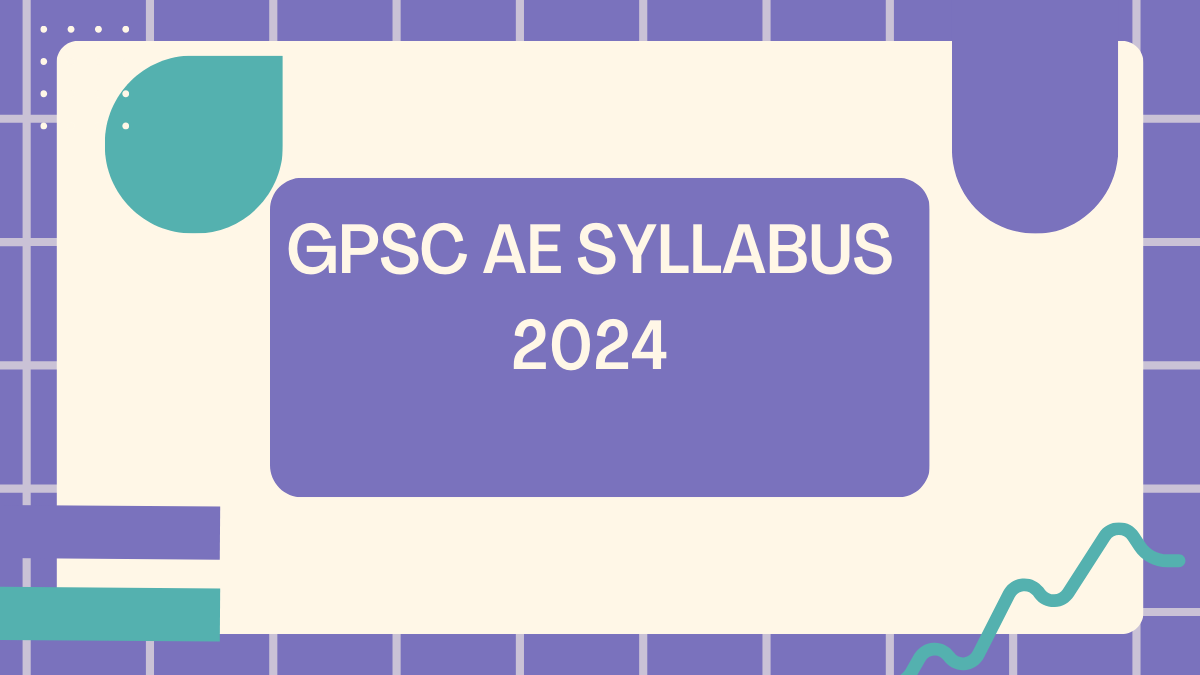
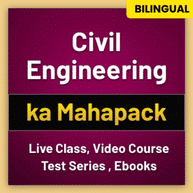
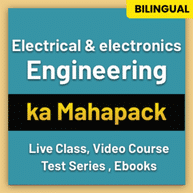
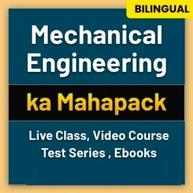


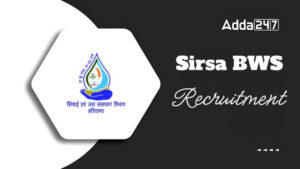 Sirsa BWS Apprentice Recruitment 2025, A...
Sirsa BWS Apprentice Recruitment 2025, A...
 NTPC Green Energy Recruitment 2025 Notif...
NTPC Green Energy Recruitment 2025 Notif...
 GSL Trainee Project Executive Recruitmen...
GSL Trainee Project Executive Recruitmen...

